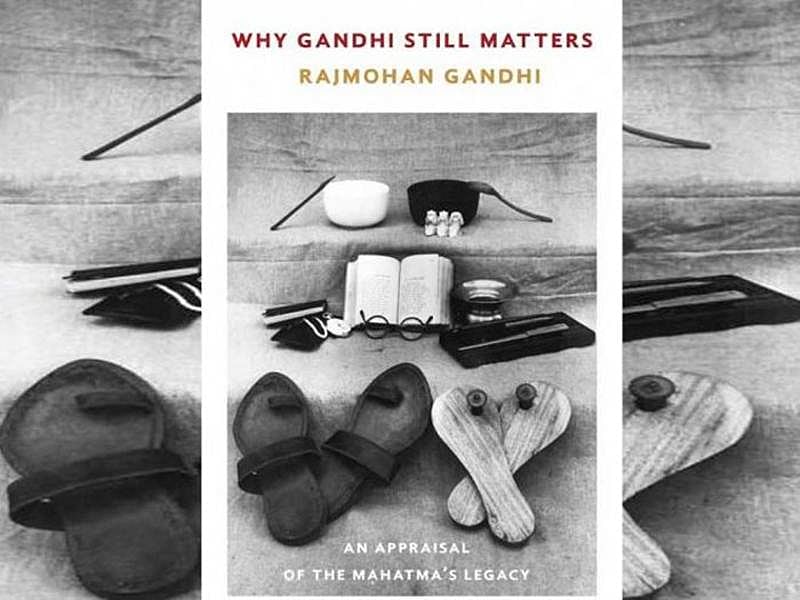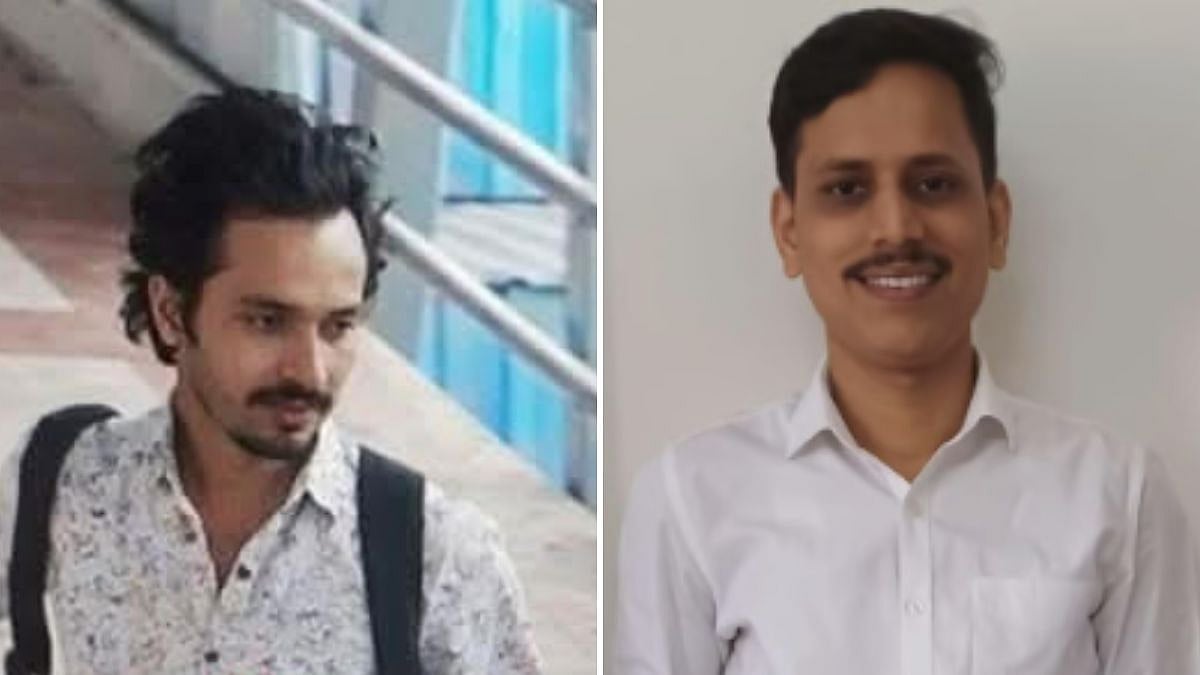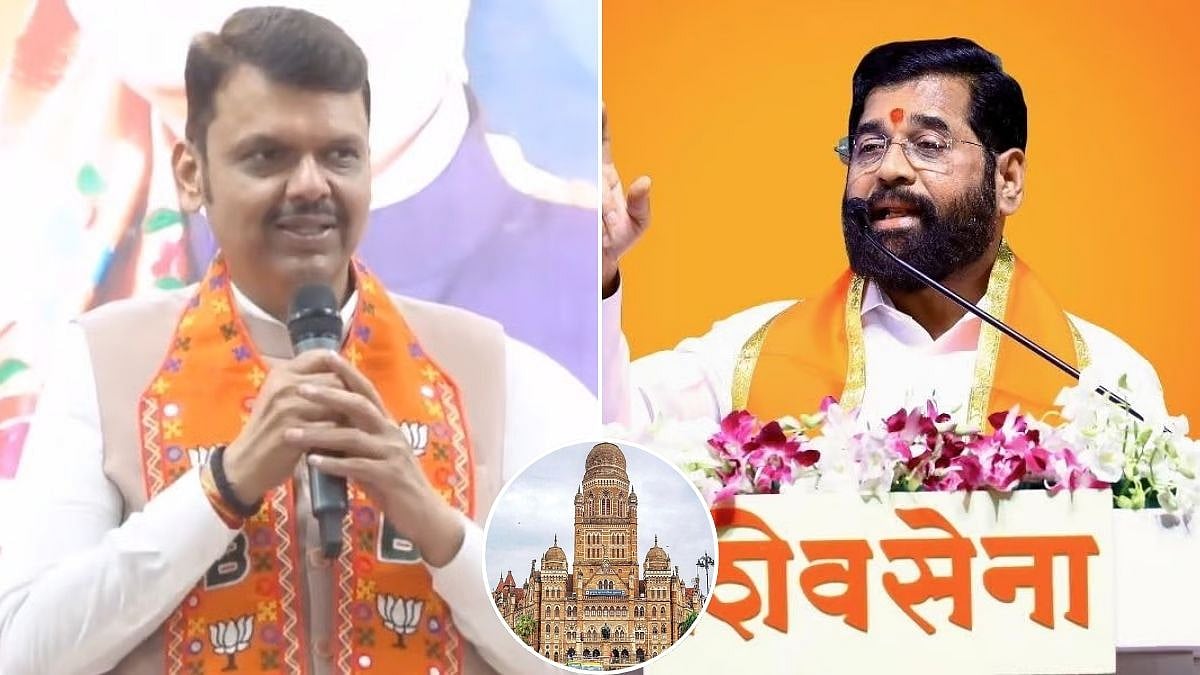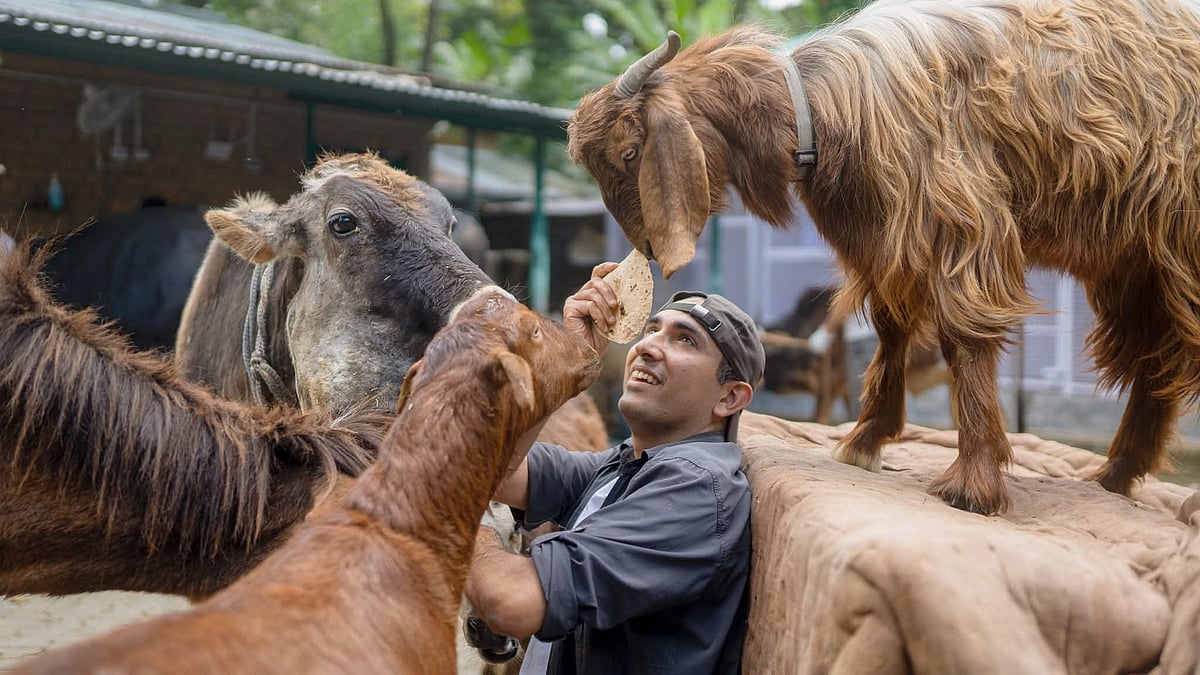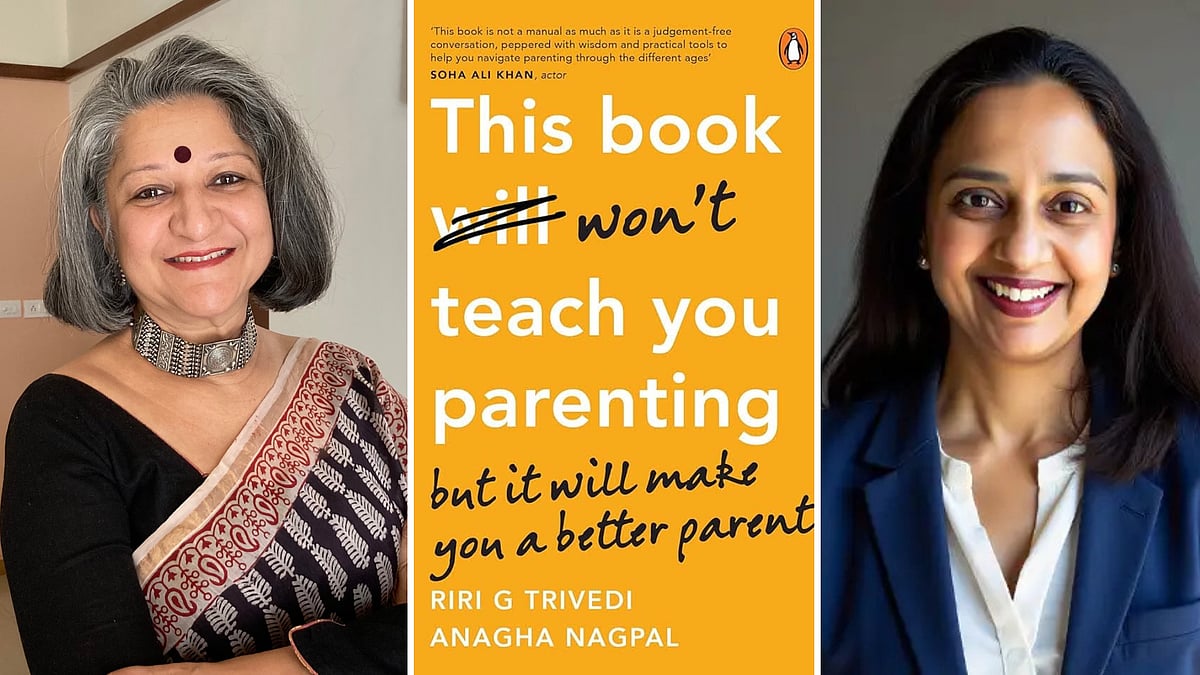Book Name: Why Gandhi Still Matters: An Appraisal of the Mahatma’s Legacy
Author: Rajmohan Gandhi
Publisher: ALEPH
Price: Rs. 499
Champaran satyagraha took place 100 years ago in April 1917. It was Mohandas Karamchand Gandhi’s first satyagraha and India’s first civil disobedience agitation. He tested British imperialist through farmers’ struggle. He was not Mahatma (Great soul) then. He returned to India from South Africa in 1915. He toured India in train in a third class compartment to understand the people of India. He was revered as Mahatma and Father of the Nation.
Why Gandhi Still Matters: An Appraisal of the Mahatma’s Legacy is the latest book by Mahatma Gandhi’s grandson, versatile writer and a known intellectual Rajmohan Gandhi. Close to 150 years after he was born, how relevant is Mahatma Gandhi? The author appraises Gandhi and his legacy by examining some of his most famous ideas, beliefs, actions, successes and failures. The book highlights Gandhi’s commitment to democracy, secularism, pluralism, equality and nonviolence; his gift to the world of satyagraha; the key strategies in his fight for India’s freedom and his opposition to the caste discrimination.
The book has come at an appropriate time. Indian democracy faces various challenges today. Violence has become a routine feature. People are discriminated on the basis of religion, caste etc. We have to travel a lot to achieve the ideals of Gandhi. The book has nine chapters. The chapter on Ahimsa (nonviolence) and Gandhi highlight why Gandhi preferred word Ahimsa over Love. People did ask Gandhi why he decided negative phrase ahimsa over positive word love. The answer Gandhi gave is: In spite of the negative particle ‘non’, nonviolence is no negative power…We are surrounded in life by strife and bloodshed, life living upon life…But it is not through strife and violence but through non-violence that man can fulfil his destiny…Ahimsa means love in the Pauline sense, and yet something more… In short, ahimsa means love plus satyagraha, a way of life plus a method of struggle.
The chapter Of Caste and Ambedkar gives details of Gandhi’s thinking on the annihilation of caste system. Many are not aware that on April 24, 1947, Gandhi publicly said in Patna that for some time he had made it a rule…to be present or give his blessings’ only for a wedding between a Dalit and a non-Dalit. Opposition to untouchability was one of the vows to join Gandhi’s ashram. He also said that he would rather reject Swaraj than abandon the ‘untouchables.’ In 1931, Karachi Congress passed a resolution on fundamental rights. The resolution pledged that free India would abolish untouchability and provide equal rights to all, irrespective of caste, sex or creed. The resolution was mainly drafted by Gandhi and Jawaharlal Nehru. Nineteen years later, the pledge was enshrined in the Indian Constitution. On September 24, 1932, the Poona Pact was signed. It was an agreement between Babasaheb Ambedkar and Gandhi. He agreed to reserved seats for Dalits in legislatures. Ambedkar and his colleagues agreed to give up their demand for a separate electorate. Shortly after signing, Ambedkar said he had been ‘surprised, immensely surprised’ to find ‘so much in common’ between Gandhi and himself. Seventeen years later, the essence of this pact was incorporated into the Constitution.
In the chapter on The Legacy of Gandhi, author writes: If India alters its Constitution and becomes a Hindu Rashtra, the Hindu state demanded by a small but passionate minority that would certainly demolish a major pillar of Gandhi’s legacy. This threat is wholly unreal. In the current context, Gandhi’s legacy of inclusiveness is much needed not only India but globally.
In the chapter The Last Days of Gandhi, author gives us details of Gandhi’s fast in Delhi which began on January 13 1948. It was for the peace and communal amity in Delhi. The killings in Delhi did not allow Gandhi to go to Punjab. On 18th January, more than 100 per sons from various communities and organizations called on a Gandhi and pledged to protect the life, property and faith of the Muslims. Appeal for ending the fast were then made by Rajendra Prasad, Azad, Zahid Husain (the Pakistan High Commissioner) etc. After prayers, Azad handed a glass of orange juice to Gandhi. Among those wiping a tear was Nehru, who told Gandhi he had been secretly fasting himself from the previous day. Earlier, Mohammad Ali Jinnah had sent a message urging Gandhi to “live and work for the cause of Hindu-Muslim unity in the two dominions”. The assassination of Mahatma Gandhi by a gang of hawkish Hindutva activists on January 30, 1948, sent shockwaves across the world. Then PM Nehru announced to the world the “light has gone out of our lives”.
Mahatma Gandhi’s philosophy of nonviolence is much more relevance in today’s world full of hatred and war. The World needs to follow Gandhi’s path.
